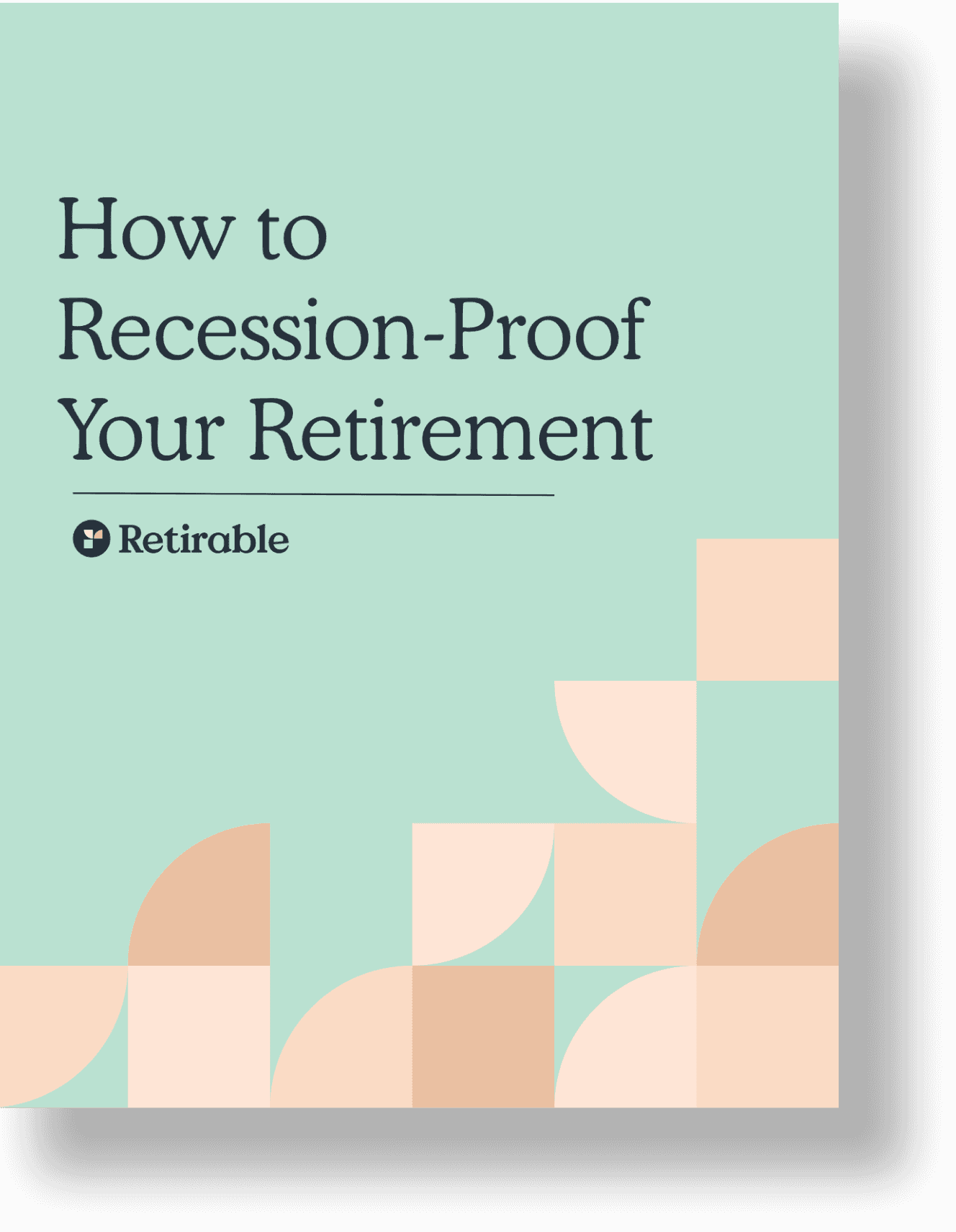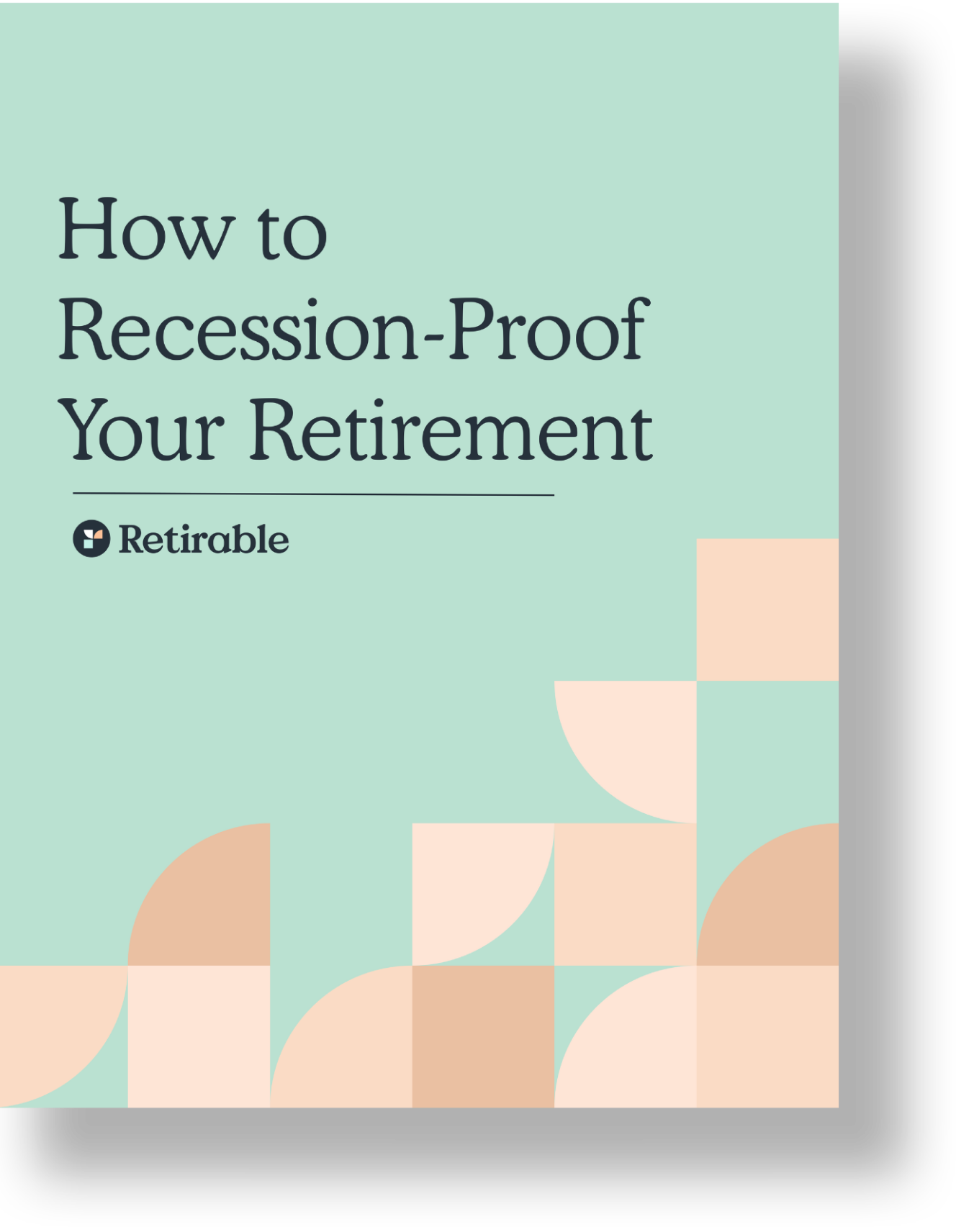Social Security
It might be tempting to cash in your Social Security benefits as soon as you’re legally allowed, but there are lots of great reasons to wait until you reach full retirement age. And if you’re able to hold off until you turn 70—which is when you’ll stop accumulating benefits—you’ll see a big boost in your payout, which could make the rest of your years much more comfortable.

C.E Larusso
•
Published March 23rd, 2023
Table of Contents
Key Takeaways
The full retirement age (FRA) has been rising steadily for birth years after 1954; everyone born in or after 1960 has an FRA of 67
Waiting to apply for your Social Security benefits will net you an 8% increase every year you wait, until you turn age 70
You can work and receive your Social Security benefit, but the benefits will be taxed based on your income amount
It might be tempting to cash in your Social Security benefits as soon as you’re legally allowed, but there are lots of great reasons to wait until you reach full retirement age. And if you’re able to hold off until you turn 70—which is when you’ll stop accumulating benefits—you’ll see a big boost in your payout, which could make the rest of your years much more comfortable.
What is the Social Security Retirement Age (FRA)?
If you’re planning for retirement, you’ve probably come across the term “full retirement age.” Full retirement age refers to the age when you can collect 100% of your Social Security benefits. Full retirement age is determined by the year you were born. Check out this chart to see what your Social Security retirement age is:
| Year of Birth | Full Retirement Age |
|---|---|
| 1943-1954 | 66 |
| 1955 | 66 and 2 months |
| 1956 | 66 and 4 months |
| 1957 | 66 and 6 months |
| 1958 | 66 and 8 months |
| 1959 | 66 and 10 months |
| 1960 and later | 67 |
You can take your retirement benefits early, however you will only receive a reduced amount; and the reduction imposed on your benefits is permanent. When those born after 1960 apply to receive their benefits after they turn 62 but before they turn 65 will only receive a portion of the benefit they would receive at their FRA. For the same group to start receiving benefits after they turn 65 but before they turn 67, they will only receive 86.7% of their full benefits.
Keep in mind that these dates only apply to benefits earned through working as well as spousal benefits. Survivor benefits are different, and can be claimed if your spouse dies. The full retirement age for survivors is 66 and 2 months for those born in 1957 and gradually increases to 67 for those born in 1962 or later.
How does full retirement age affect your Social Security benefits?
If you can wait to start receiving your Social Security payouts, you will be able to receive a lot more from your benefits. Taking your Social Security early (before you reach FRA—full retirement age) will result in a reduced benefit, up to 30% less than what you would receive if you wait until you reach your FRA. On the flip side, if you wait, you’ll receive a delayed retirement credit of 8% to your monthly payout for each year you delay, up until you reach age 70.
Working After Retirement FRA Considerations
If you’re in good health and still enjoying your job, you may consider collecting your Social Security benefits while continuing to work. Choosing to do so before you reach your full retirement age could cause your benefits to take a hit; in addition, you should be aware of all the tax implications.
Can I work after full retirement age?
You can definitely keep working after you reach FRA and you’ll continue to pay Social Security taxes on your income.
If you decide to work before you reach full retirement age, you will receive a reduced benefit if you make more than $21,240 (as of 2023). The government will deduct $1 from your benefit for every $2 you earn over the limit. In the year you reach FRA, the deduction will be $1 for every $3, with the maximum earning raised to $56,520 before deductions kick in. Whenever you reach retirement age—the day of your birthday, with age dependent on when you were born—your earnings will no longer reduce your benefit, regardless of your income amount.
One other note: the government considers earnings as wages (including bonuses and vacation pay) from a job. It does not factor in sources of income such as pensions, annuities, investment income, interest, veterans benefits, or government and military retirement benefits.
Will my Social Security benefits increase if I work after retirement?
They could, but the benefits only increase if your income is equal to or exceeds your top 35 years of earning. If the income is less, you won’t see a chance in your benefits as your top 35 years of income is how the SSA calculates your benefit payout.
Are there limits to how much I can earn if I work after my full retirement age?
There’s no limit, and if you are earning more than your top 35 years you could net a positive impact on your benefits, however higher earnings will create tax complications that might not make it worthwhile. If you file as an individual and your combined income is between $25,000 and $34,000, up to 50% of your benefits might be taxable. For combined income over $35,000, as much as 85% of your benefits could be taxable. If you file jointly, the 50% tax applies to earners making between $32,000 and $44,000, with anything above $44,000 taxed at 85%.
Benefit Adjustments by Retirement Age
While you can elect to take SS retirement benefits anytime between the age 62 and your full retirement age, if you retire early your benefits are reduced by a fraction of a percent for each month before your full retirement age. For folks turning 62 this year, your benefits would be reduced by 30% if you retired on your birthday.
On the flipside, you can earn what’s called a “delayed retirement credit” for every month you wait after your full retirement age to take benefits up until age 70. For everyone born after 1943, this rate of increase is 8% per year. These credits stop accumulating after age 70, so there’s no point in waiting after that to retire.
Frequently Asked Questions
At what age do you get 100% of your Social Security benefits? The age at which you can get your full retirement benefit depends on when you were born. For those born between 1943 and 1959, it’s 66—which a couple months tacked on spending on which year in that range you were born in. If you were born in or after 1960, the full retirement age is 67. The earliest you can start receiving Social Security benefits is age 62.
Do survivor benefits increase after the Full Retirement Age?
If you are set to receive retirement as well as survivor benefits, you will receive the higher of the two, claiming the bigger benefit. In other words, you won’t get both combined. That said, you can take one benefit first and then wait until later to claim the other. For both benefits, the payment amount rises if you wait past the minimum age to begin collecting. Retirement benefits increase if you wait past full retirement age to apply (up until age 70), but survivor benefits do not as they are based on the benefit your late spouse was eligible for when they died—they cannot increase beyond that amount.
Are Social Security benefits taxable at Full Retirement Age?
Yes. Social Security benefits are taxable on the federal level (and in a handful of states). 50% - 85% of the benefits are included in your taxable income alongside other sources of income.
Share this advice

A professional content writer, C.E. Larusso has written about all things home, finance, family, and wellness for a variety of publications, including Angi, HomeLight, Noodle, and Mimi. She is based in Los Angeles.
Introduction
Benefits
Taxes
Considerations
Social Security in 2022
Local
Spouse
Applying for Social Security
Share this advice

A professional content writer, C.E. Larusso has written about all things home, finance, family, and wellness for a variety of publications, including Angi, HomeLight, Noodle, and Mimi. She is based in Los Angeles.
Free Retirement Consultation
Still have questions about how to properly plan for retirement? Speak with a licensed fiduciary for free.






